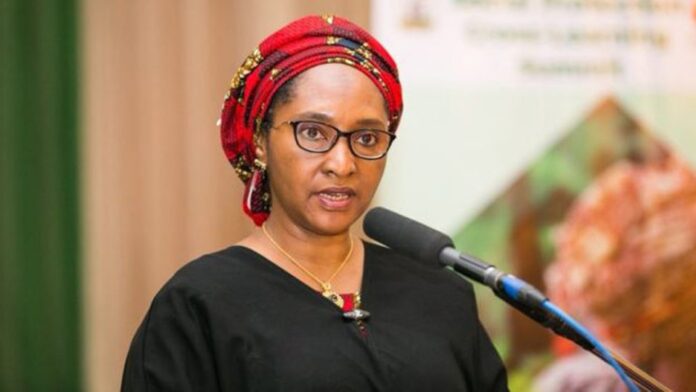By Jeph Ajobaju, Chief Copy Editor
Nigeria raked in $1.46 billion foreign capital in the third quarter of 2020 (Q3 2020), a 12.8 per cent rise on $1.29 billion garnered in Q2 2020.
However, the National Bureau of Statistics (NBS), which published the latest figures, noted that inflow dipped 74.03 per cent compared to $5.63 billion in Q3 2019.
A total $8.61 billion foreign capital came into the country between January and September 2020, per reporting by Nairametrics.
Snapshots
· The largest amount of capital inflows by type came through Other Investments, which accounted for 43.75 per cent of total inflow in Q3 2020.
· Production sector received the highest share of $400.1 million or 27.38 per cent of total inflows.
· The United Kingdom was the top source of investment, accounting for 40.69 per cent of the total.
· Lagos State clinched top Destination of capital investment in Nigeria with $1.21 billion.
· Standard Chartered Bank Nigeria emerged at the top of capital investment by Bank with $438.98 million.
Inflows by type
Nigeria’s capital importation is categorised into Portfolio Investment, Foreign Direct Investment (FDI), and Other Investment.
In Q3 2020, Other Investments formed the highest type of capital inflow with a total $639.44 million, representing 43.75 per cent of the total.
Up to $624.45 million was received in form of loans while other claims recorded was $14.99 million.
FDI is an investment in the form of a controlling ownership in a business in one country by an entity based in another country. In the latest report, FDI constituted 28.38 per cent of total inflows, all of which were received through equity.
Also, FDI of $414.79 million grew 179.2 per cent in Q3 2020 against $148.59 in Q2 2020.
A total $407.25 million came through Foreign Portfolio Investment (FPI), accounting for 27.87 per cent of total inflows.
Under the Portfolio category, investment in money market instruments remains the largest recipient of capital inflows with a total $363.15 million, followed by $44.1 million in equity. None was recorded from bond investments.
Sectoral inflows
An analysis by Nairametrics shows that eight sectors recorded a decline in capital importation, nine had positive growth, and four received no investment.
Production sector received the largest share of investments with $400.1 million, (27.38 per cent), Banking $384.4 million (26.3 per cent), Shares ($283.2 million), Financing ($134.27 million), and Telecomms $101.18 million.
Inflows by origin
The UK was the biggest source of capital inflow in Q3 2020, with a total $594.65 million, followed by The Netherlands ($176.28 million), Ireland ($130 million), Singapore ($113.74 million), and the United States ($112.66 million).
Upshot
According to Nairametrics, despite growth in Q3 2020, capital inflow is still below expectation because the worldwide spread of coronavirus causes travel restrictions, halt in business activities, and job losses.
· FDI growing 179.15 per cent (Q-o-Q) is a welcome development.
· Continuous low capital inflow could affect Nigeria’s recovery from recession as the economy requires substantial investments to scale through the pandemic and reduced oil crash receipts.
· Low FDI is not good for the country as other forms of capital importation have very low potential to drive its economy.














